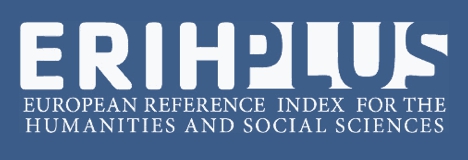O “novo bairro” Jóquei Clube: marca, traço e resistências de um espaço de lazer identitário em Fortaleza
Abstract
O Jockey Club Cearense foi um importante equipamento de lazer para a cidade de Fortaleza, desde a sua fundação no ano de 1947, ao gradual processo de abandono até a sua desativação e consequente demolição que ocorreu em 2008. O presente artigo apresenta quais foram os processos que propiciaram a demolição do equipamento, sendo que este se constituía como um patrimônio para a cidade e para o bairro homônimo. Em nossa análise objetiva-se reconhecer quais os sujeitos responsáveis pela concepção do equipamento, as dinâmicas ocorridas no lugar, a partir da sua instalação e após a sua demolição, bem como os interesses e conflitos que culminaram na sua demolição. É parte integrante deste trabalho, perceber como o Jockey Club Cearense enquanto equipamento urbano possuía importância no tocante ao lazer e ao simbolismo social para o bairro e para a cidade de Fortaleza, bem como a requalificação espacial do bairro o “novo bairro” que surge dentro do bairro, após a demolição.
Palavras Chaves: Identidade. Patrimônio social. Demolição. Bairro.
Keywords
Policy Proposal for Free Access Journals
Authors who publish in this journal agree to the following terms:
a. Authors retain the copyright and grant the journal the right of first publication, with the work simultaneously licensed under the Creative Commons Attribution License which allows the sharing of the work with acknowledgment of the authorship of the work and initial publication in this journal.
b. Authors are authorized to take additional contracts separately, for non-exclusive distribution of the version of the work published in this journal (eg publish in institutional repository or as a book chapter), with acknowledgment of authorship and initial publication in this journal.
c. Authors are allowed and encouraged to publish and distribute their work online (eg in institutional repositories or on their personal page) at any point before or during the editorial process, as this can generate productive changes, as well as increase the impact and The citation of published work (See The Effect of Free Access).





















